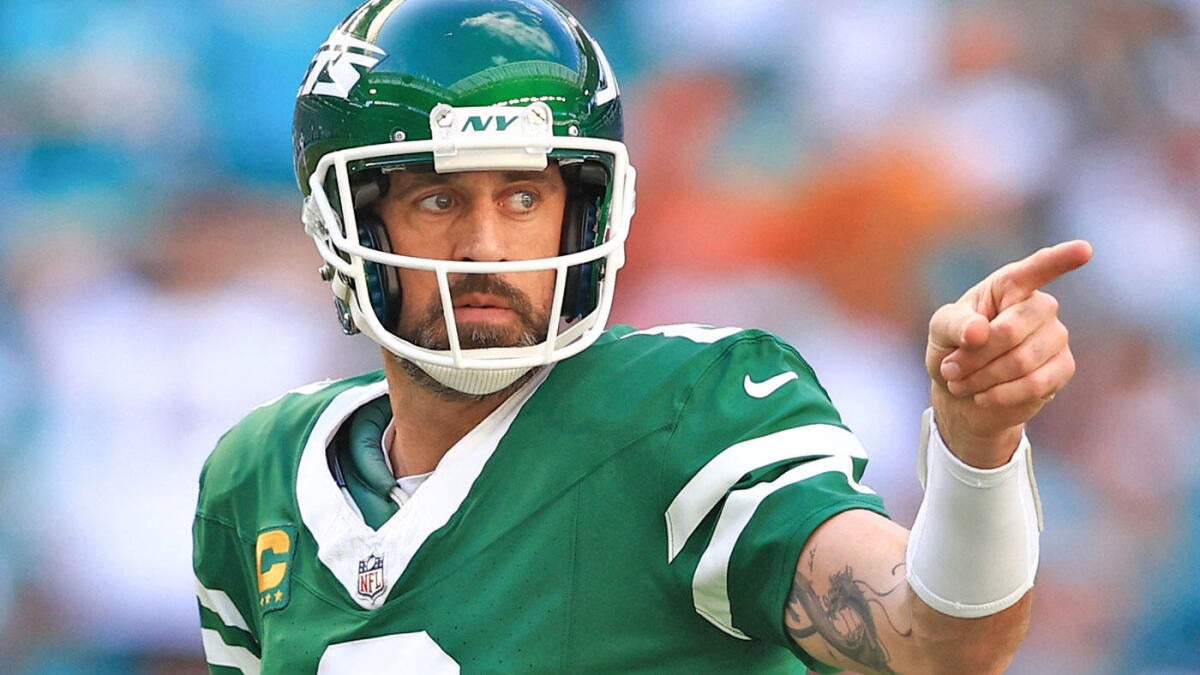Navigating the Post-Carr Era: The New Orleans Saints’ Quarterback Crossroads
The sudden retirement of Derek Carr has sent ripples through the New Orleans Saints organization, forcing a rapid recalibration of their quarterback strategy. After 11 seasons in the NFL—including a brief but impactful stint with the Saints—Carr’s departure due to a degenerative shoulder condition leaves a leadership vacuum and an urgent question: *Who steps under center next?*
This isn’t just about replacing a player; it’s about redefining an offensive identity. The Saints now stand at a crossroads, weighing the promise of youth against the stability of experience. Their decision will reverberate through the 2025 season and beyond, shaping the franchise’s trajectory in a league where quarterback stability is often the difference between contention and irrelevance.
—
The Void Left by Carr: More Than Just Arm Talent
Derek Carr’s retirement isn’t merely a roster adjustment—it’s a cultural shift. In his short time with the Saints, Carr brought veteran poise, a work ethic that elevated the locker room, and a knack for late-game heroics. His absence forces the Saints to confront three immediate challenges:
The Saints anticipated some uncertainty, drafting Tyler Shough in 2025 as a contingency plan. But Carr’s abrupt exit has accelerated Shough’s timeline—and possibly reshaped the Saints’ entire offseason strategy.
—
Tyler Shough: A Trial by Fire
The selection of Tyler Shough in the second round now looks prescient—or premature, depending on who you ask. The 24-year-old Louisville product isn’t a raw prospect; his college career showcased mobility, arm strength, and a resilience that could serve him well in the NFL. But is he ready to start Day 1?
The Case for Shough
– Physical Tools: At 6’5″ with a strong arm and athleticism, Shough fits the mold of modern quarterbacks who can extend plays.
– Maturity: Unlike many rookies, Shough spent five years in college, including a graduate transfer year. That experience could ease his transition.
– Cost Control: With Carr’s $30 million cap hit off the books, starting Shough allows the Saints to allocate resources elsewhere (e.g., offensive line, defense).
The Risks
– Baptism by Fire: The NFC South is no longer a joke. Facing Atlanta’s revamped defense and Tampa’s seasoned roster weekly could overwhelm a rookie.
– Development Curve: Even promising QBs like Trevor Lawrence needed time. Rushing Shough risks stunting his growth if the supporting cast isn’t flawless.
The Saints must decide: Is Shough the future, or would he benefit from a year behind a veteran?
—
Veteran Stopgaps: Rodgers, Cousins, and the Win-Now Dilemma
If the Saints prioritize immediate competitiveness, the free-agent and trade markets offer intriguing options. Two names dominate the conversation:
Aaron Rodgers: High Risk, High Reward
– Pros: A four-time MVP with unmatched pedigree, Rodgers could elevate the Saints’ ceiling instantly. His chemistry with young receivers like Chris Olave would be tantalizing.
– Cons: He’ll be 42 in 2025, carries injury concerns, and would demand a hefty contract. Plus, his personality could clash with a locker room in transition.
Kirk Cousins: The Safe Bet
– Pros: Cousins is a proven stat-sheet filler (4,547 yards, 29 TDs in 2023) who thrives in structured offenses. He’d provide stability without the drama.
– Cons: At 36, his mobility is declining, and his playoff record (1-3) raises questions about his clutch gene.
Other dark horses include *Baker Mayfield* (if Tampa doesn’t re-sign him) or a trade for *Justin Fields*, whose dual-threat skills align with Moore’s creative schemes.
—
The Financial Tightrope
Cap space will dictate much of this decision. Carr’s retirement clears $30 million, but Rodgers or Cousins would eat into that quickly. Shough’s rookie deal ($1.2 million in 2025) offers flexibility to bolster the offensive line or add defensive playmakers.
Scenario 1: Sign Rodgers/Cousins, push for a playoff run, and let Shough learn.
Scenario 2: Start Shough, use savings to rebuild the trenches, and accept a transitional year.
Neither path is perfect, but hesitation could be costlier than making the wrong choice.
—
Conclusion: A Franchise-Defining Decision
The Saints’ response to Carr’s retirement will reveal their true priorities. Opting for a veteran signals a win-now mentality, while committing to Shough acknowledges a longer rebuild. There’s no perfect answer—only trade-offs.
One thing is certain: The 2025 Saints won’t look like the 2024 version. Whether they rise as contenders or fade into mediocrity hinges on the next man up. The clock is ticking.











